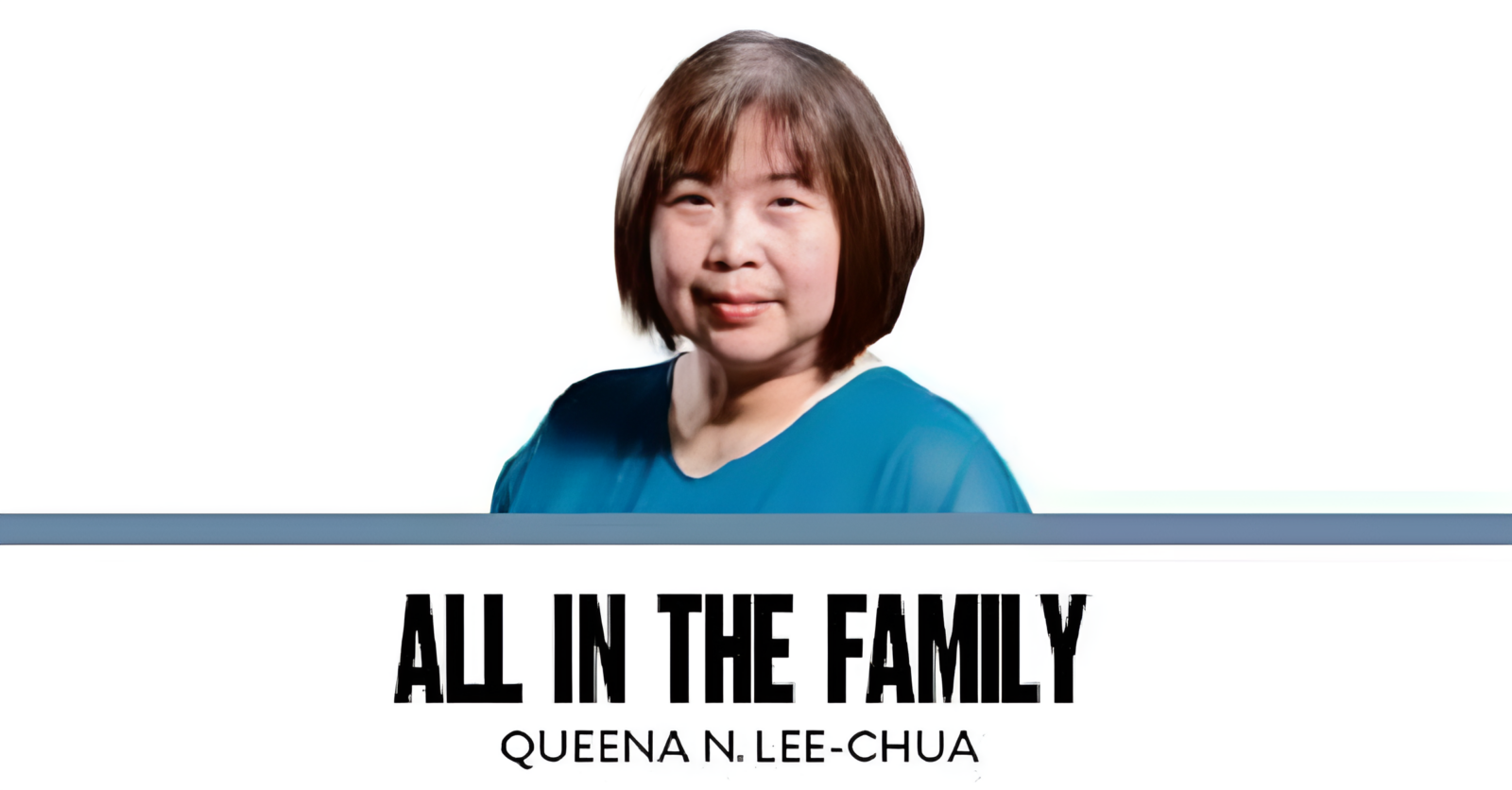Integrity and honor in sports, politics and life

What popped into my mind after the elections is not politics or the economy, but sports—specifically snooker, which with cues and balls, is akin to billiards or pool.
Last year, in the quarterfinals of the World Snooker Championship in Sheffield, England, Ronnie O’ Sullivan lost to Stuart Bingham, but won countless hearts by playing with integrity and honor.
“Ronnie was leading by six frames to five, and he potted a black ball,” says sports writer Simon Hattenstone in The Guardian Weekly. “When it was returned to its spot, it should have obstructed his next red ball, making it trickier for him to progress.
“But there was a tiny divot [depression or dent] on the table, and the black ball wobbled ever so slightly from its spot, making access to the red simple.”
Most players would relish this, since it gives them a clear advantage which cannot be faulted by opponents. But “Ronnie wasn’t having any of it. He asked the ref time and again to replace the black to make it more difficult for him. But the black wasn’t having any of it either, and kept bobbling away.”
The game had to proceed. No one could fault Ronnie for just hitting the black ball where it wanted to stay. So Ronnie “did the unthinkable. He refused to pot the simple red. Instead, he played a difficult defensive shot to the end of the table. The shot cost him the frame and arguably, the match.”
For Ronnie, acting with integrity was more important than winning. “What makes it so memorable is that it comes in an age when we expect political leaders to cheat, lie, profiteer and tell us black is white,” says Hattenstone. “Could you imagine Trump, Putin or Netanyahu refusing the pot? Or [fill in this blank with a politician’s name] sacrificing the easy win because it’s the principled thing to do?”
Hattenstone gives another stellar example: In the 1969 Ryder Cup, legendary golfer Jack Nicklaus “conceded a short putt to Tony Jacklin … because he couldn’t bear the thought of Jacklin missing it.”
Both ended up winners, because “the match was halved, resulting in the first tie in Ryder Cup history,” he continues. “It was a magnificent gesture at a magnificent event.”
Vote-buying proliferated in the run-up to the elections. But Touch XDA CEO Antonio Samson argues in BusinessWorld that our culture of everyone being a winner starts in school, where students get qualitative progress reports rather than numerical grades, continues in beauty contests where participants get prizes tied to sundry traits and products and escalates to social media where online posters become “part of the entourage” of the celebrities they take selfies with.
“However, in real life, not everybody is a winner,” Samson says. “Nurtured as a child to always feel good after a contest, the adult may be unprepared for the competitive world that routinely classifies contestants as winners and losers.”
While job-hunting, “a student used to a soft grading system discovers the perils of not understanding the difference between winning and losing,” for he either gets the job, or not. Forced rankings in business often “put the bottom 10 percent of the rates at risk—what have you done to increase market cap?”
In sports, results are clear-cut. “One team has a bonfire party and the other complains about the officiating … The second-place winner may complain … but such an attitude makes him the worst type of competitor—a sore loser. Even in defeat, a winning attitude of humility and good cheer is appreciated—I’ll try harder next season.”
And for the Senate, only the top dozen candidates make it at any one time. “Winning or losing is not just about attitude, especially in the public arena,” says Samson. “It is about what is at stake … when one ends up at the losing end.”
May our public officials, who purport to serve the greater good, act with humility, decency and honor.
Queena N. Lee-Chua is with the board of directors of Ateneo’s Family Business Center. Get her book “All in the Family Business” at Lazada or Shopee, or the ebook at Amazon, Google Play, Apple iBooks. Contact the author at blessbook.chua@gmail.com.


















